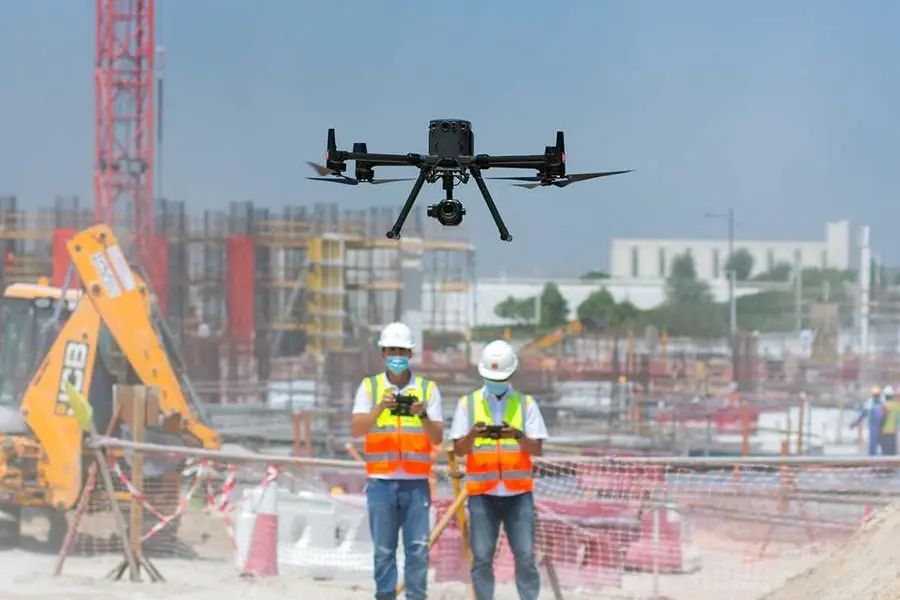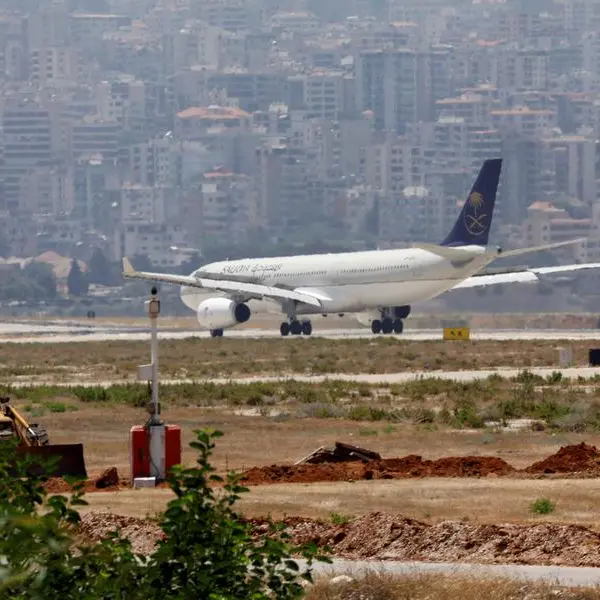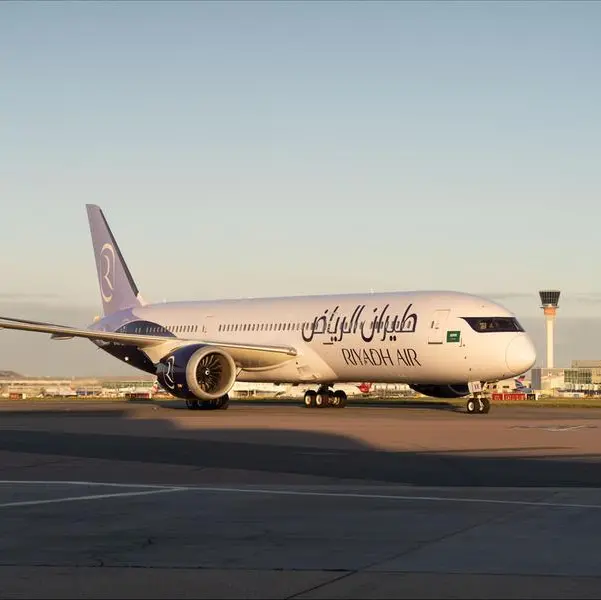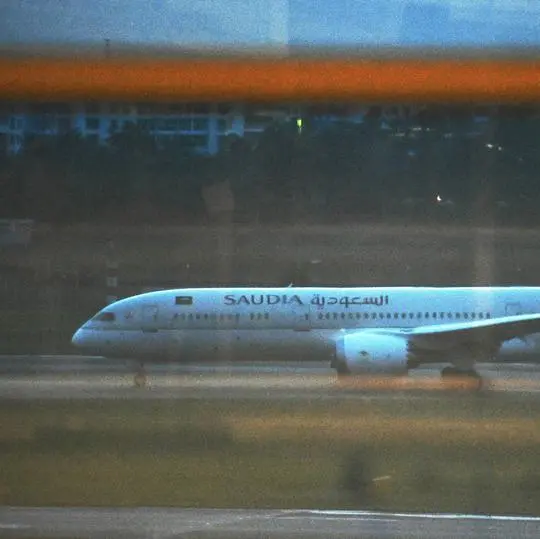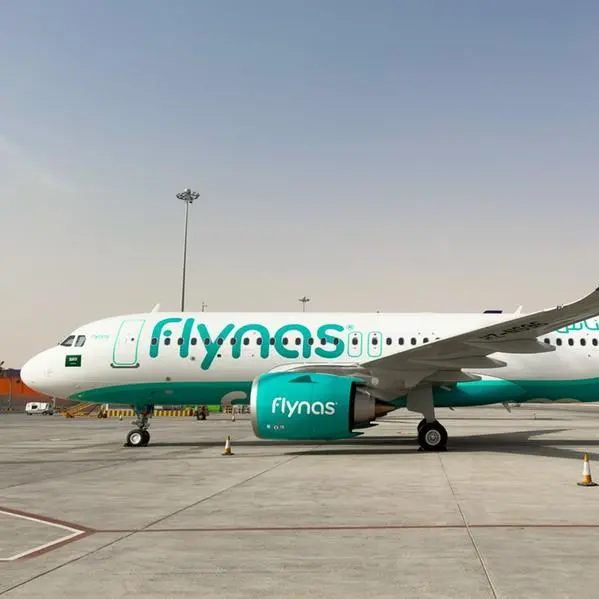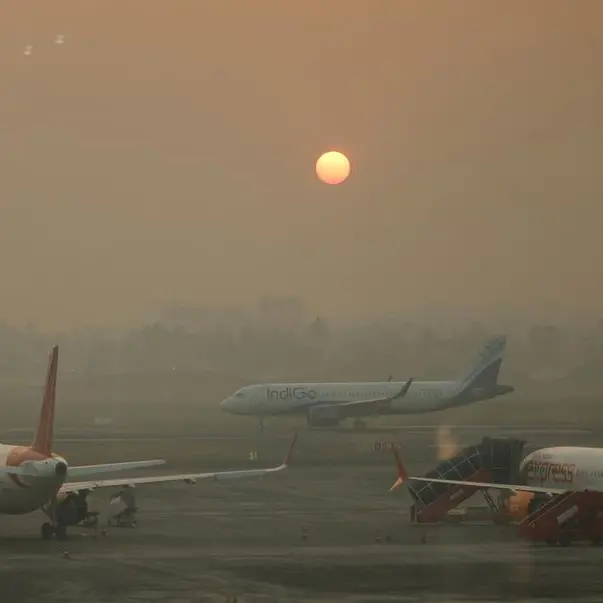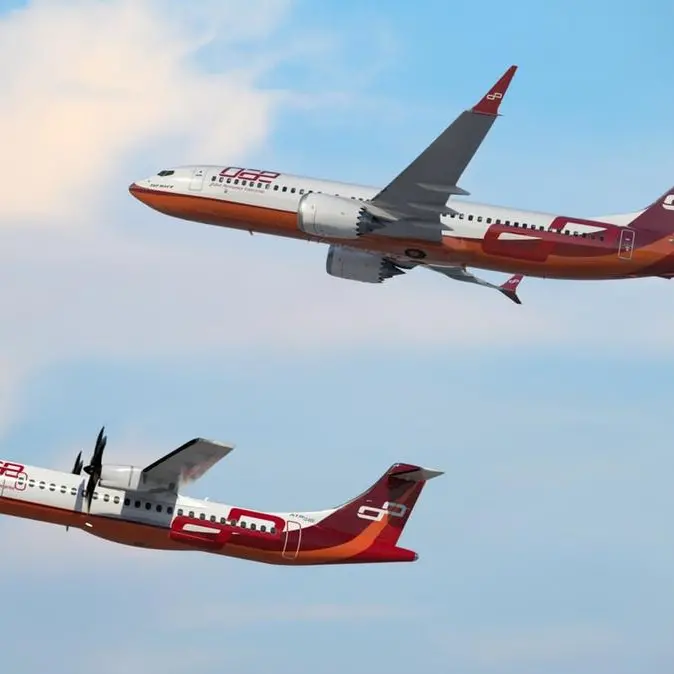PHOTO
The concept of drones flying around neighbourhoods delivering packages, messages and even people to their destinations is no longer the stuff of science fiction.
Earlier this year, Emirates Post Group (EPG) and aerial logistics provider SkyGo signed an agreement to implement drone-powered delivery services for last-mile logistics between designated locations in Abu Dhabi.
The announcement coincided with the official launch of the Smart and Autonomous Vehicles Industry (SAVI) cluster in Abu Dhabi.
That same month, Dubai Silicon Oasis trialled beyond-visual-line-of-sight (BVLOS) drone delivery with Jeebly and Skye Air.
Abu Dhabi–listed Easy Lease announced similar plans in 2022, and Dubai-listed Aramex also announced a cargo drone partnership last month.
Flying to work by drone
FEDS Drone Powered Solutions, a Dubai-based company which provides drone mapping, inspections, and progress monitoring in oil and gas and agriculture in the Middle East and North Africa, said that drones will be more common in 2024 as the global market grows: it was $26.3 billion in 2021 and is projected at $54.6 billion in 2030.
CEO Rabi Bou Rached believes commuting by passenger drone is an imminent reality. “The vision to introduce aerial mobility services using drones for passenger transportation is no longer a distant dream,” he said. “By 2024, we anticipate pilot programmes and test flights, paving the way for a future where commuting via drones becomes a reality, redefining urban transportation and connectivity.”
In agriculture, FEDS already uses drones with sensors for crop analysis and targeted pesticide application. It announced this week that it had been working with the UAE’s Ministry of Climate Change and Environment (MoCCaE) on resource efficiency.
Infrastructure inspection, reducing risks associated with manual inspections in construction and utilities are other uses, Bou Rached said, adding that the FEDS project pipeline in that area is expected to increase by 45% in 2024, with an additional increase in drone use in thermal imaging, real-time data transmission for emergency response and public safety.
Drone regulation
The UAE is expected to further refine and implement regulations that balance safety, privacy, and fostering technological advancement in the drone ecosystem, Bou Rached said.
“This year we have seen BVLOS regulations under review, intending to enable new technologies to be implemented safely,” he added.
Karim Gelal, General Manager of G4S in the UAE, said that while private security companies are not currently using drones in their operations, the likelihood of this happening in 2024 is “incredibly high”, with increased usage expected in remote locations.
“I would predict that in the next year or so, we will start to see drones being used at locations such as large oil fields or remote warehouses, where the risk to the public or employees of a drone falling from the sky is very low,” he said.
“I would also say that these will be the test locations [in the UAE] due to the immense heat and lack of shade, which makes patrols by security officers much more difficult.”
Microavia, another Dubai-based company which designs, manufactures and tests drones in the UAE, recently announced the deployment of drones for mineral extraction exploration in Central Asia and Kazakhstan using a purpose-built aerial surveillance platform named Fortis.
Unmanned aerial vehicles (UAVs) can survey hundreds of miles in days where a ground-based exploration effort would take weeks or months, according to Microavia. This allows detailed mineral exploration missions in previously inaccessible areas.
The question now is whether we will soon see commercial delivery drones regularly buzzing overhead in the UAE’s urban areas.
Delivery drones have been trialled and used in remote, sparsely populated areas; as far back as 2016, they were deployed to deliver vital medical supplies in Africa. Whether they become a regular feature in UAE cities will depend on safety.
“When you fly above humans, you must be 100% safe above the assets and above people,” said Alex Lapirov, Microavia’s CEO.
The Dubai Municipality said in October that it was currently mapping airways in the city. Whether drone deliveries will indeed take off in 2024 remains to be seen, but waiting to see who launches first will certainly be half the fun.
(Reporting by Imogen Lillywhite; editing by Seban Scaria)
